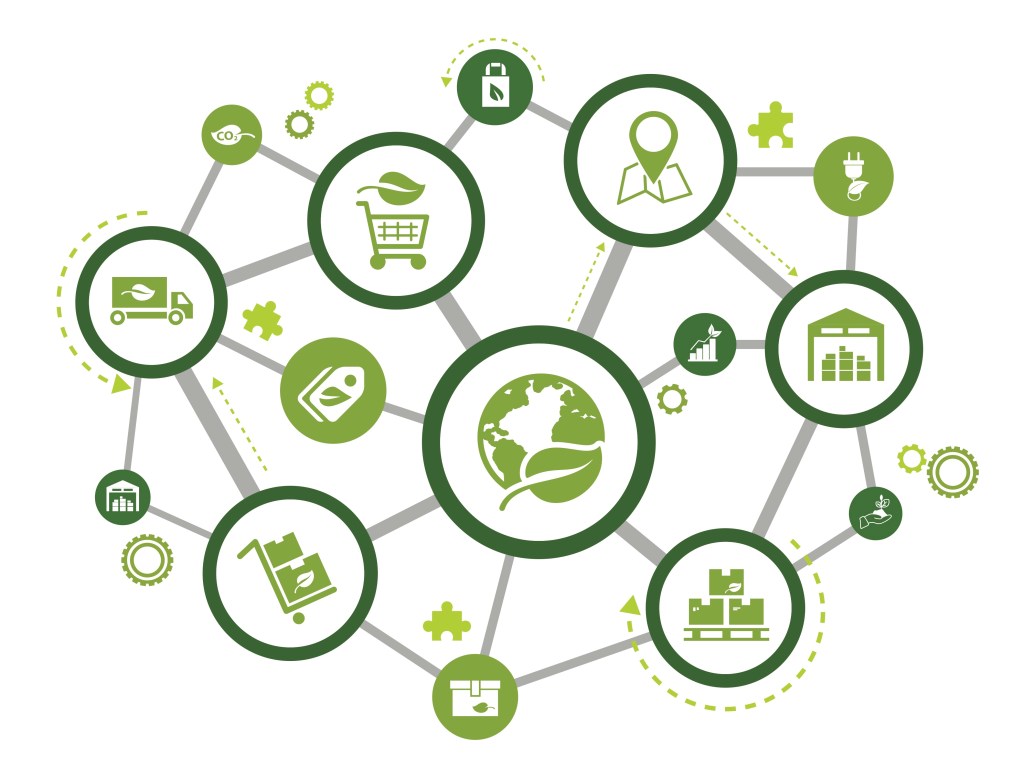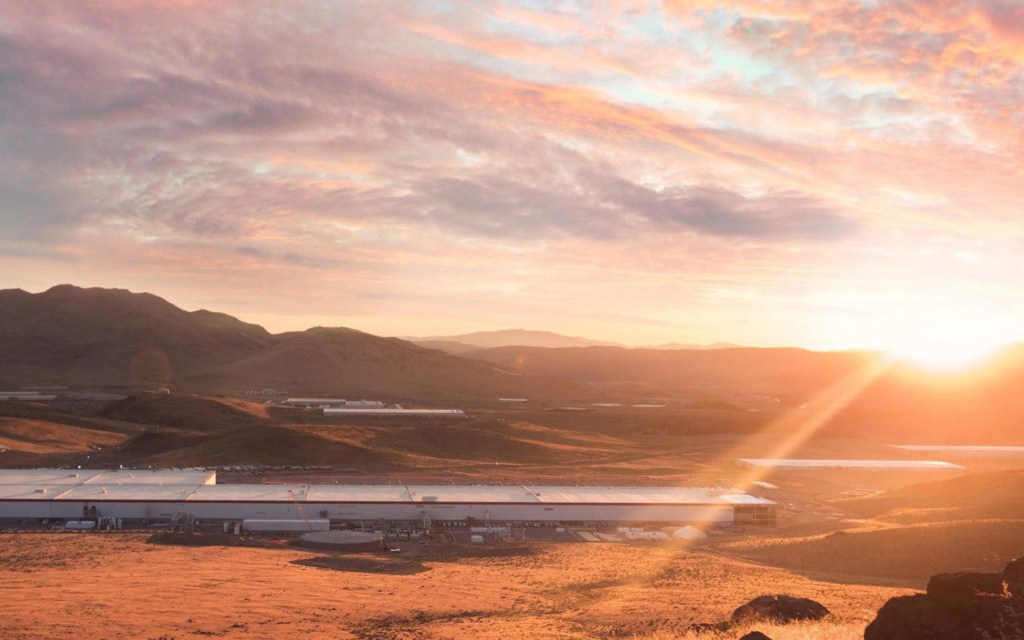Supply Chain
3M pledges to stop making 'forever chemicals' by 2025
U.S. manufacturing giant moves ahead of regulators by promising to phase out harmful PFAS substances within three years. Read More
How smaller companies can help the world get to net zero faster
Small- and medium-sized enterprises have a huge role to play in the collective corporate effort to address the climate crisis. Read More
How the world's biggest buyer is pushing toward net zero
If the Biden administration succeeds, its major suppliers will have to show their hand when it comes to emissions. Read More
Food startups Aleph Farms and Iron Ox grow from net zero roots
Two food startups explain how their decarbonization approaches differ from those of big businesses. Read More
What's in that pill? Two vitamin makers diverge on traceability
They originally launched with direct-to-consumer business models and talk a lot about where they source ingredients, but these vitamins brands couldn't be more different. Read More
When it comes to ESG in agribusiness, start with the farmer
To scale up sustainability on farms, you need to know your supply chain which includes an often overlooked link, the farmer. Read More
What companies in your supply chain wish you knew
Midsize suppliers are gazing warily at the policy horizon. Their customers need to show them some love. Read More
In packaging, partnerships are key to unlocking the circular economy
Sponsored: Partnership is essential to creating solutions that promote the circular economy. Sustana Fiber, Sonoco and Kellogg’s revealed the value of collaboration in a trial to prove the recyclability of paper containers. Read More
Local, clean and circular supply chains: Panasonic advances EV battery tech
Sponsored: A global leader in EV battery innovation and manufacturing, Panasonic is tackling the climate crisis on a global scale, with recycling and supply chain localization at its core. Read More
For eyewear, circular fashion starts at the source
Sponsored: Consumer demand for sustainable fashion, including eyewear, continues to grow, and what makes fashion green has everything to do with what it’s made from. Read More









